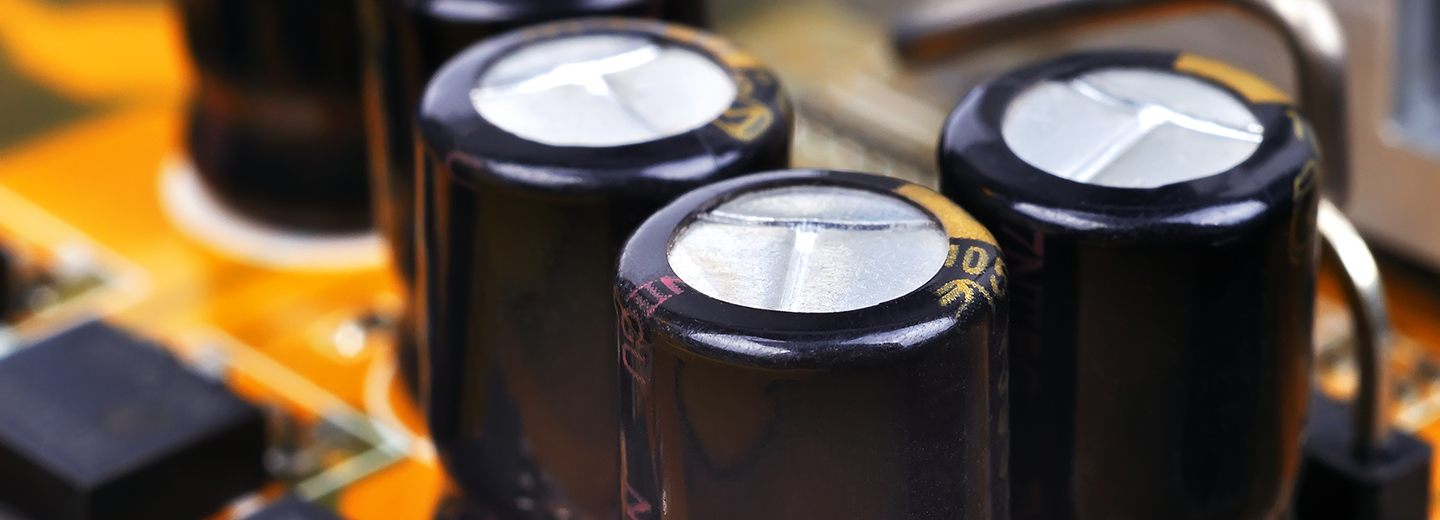
Passive components
Developing the next generation passive components
Keywords and applications
Keywords
Aluminum electrolytic capacitors; polymer aluminum electrolytic capacitors; metallised film capacitors; ceramic capacitors; high temperature performance; reliability; system integration; simulation
Applications
Automotive; industrial; traction; aviation; renewable energies
Profile
- Passive components become more and more important. The drivers are the progress in the semiconductor devices, the demand for highly integrated electronics and a more energy and cost-efficient design.
- CIE is becoming a lighthouse in passive component research
- CIE will develop the next generation passive components matching the performance levels of the new semiconductors operating at higher temperatures and switching frequencies. Providing design-in service to create the highest efficient power electronic topology and work on relevant materials for that development trend.
- Capacitors will be integrated into the electrical circuit like an integrated snubber cap in an IGBT module or will operate closely to the switching devices to avoid parasitic inductances.
- Performing system monitoring of mechanical, thermal and electrical parameters of the passive components in theory and praxis.
- CIE puts focus on the development of new Aluminium electrolytic capacitor systems with low ESR behaviour (polymer electrolytes), film capacitors with very high dielectric constant materials for high capacitance and temperature applications over 150° C and magnetic materials with low losses. Another focus is put on the thermal and electrical stimulation of those components using detailed physical chemical life time data.
- New hybrid high voltage insulation materials like, e.g., insulation foils or potting materials will be developed. Understanding the ageing and breakdown behaviour of those, e.g., HV-polymer or ceramic materials used in HV devices
Services
- Capacitor (material and process) consulting
- Design and process FMEA consulting
- Design-in support
- Lifetime testing and calculation
- Environmental condition like, e.g., overpressure or vibration testing
- Reliability studies - Power cycling
- Failure analysis
- Simulation/thermal management
- Reverse engineering
- Demonstrators
Labs and equipment
- Capacitor characterisation (LCR/Network analyser)
- Heat and climate chambers
- Power cycling equipment
- Physical and chemical analytical equipment (SEM/EDX/HPLC/MS, IC), wet chemistry
- Helium Orion microscopy (polymer analytics) facilities
- X-ray tomography
- High Voltage (> 60 kV) breakdown tester
- Power supplies
- Software
Contact
Thomas Ebel
Head of Centre, Associate professor, Dr. rer. nat.
Centre for Industrial Electronics (CIE)
SDU Electrical Engineering
Department of Mechanical and Electrical Engineering
T: +45 9350 7205
ebel@sdu.dk